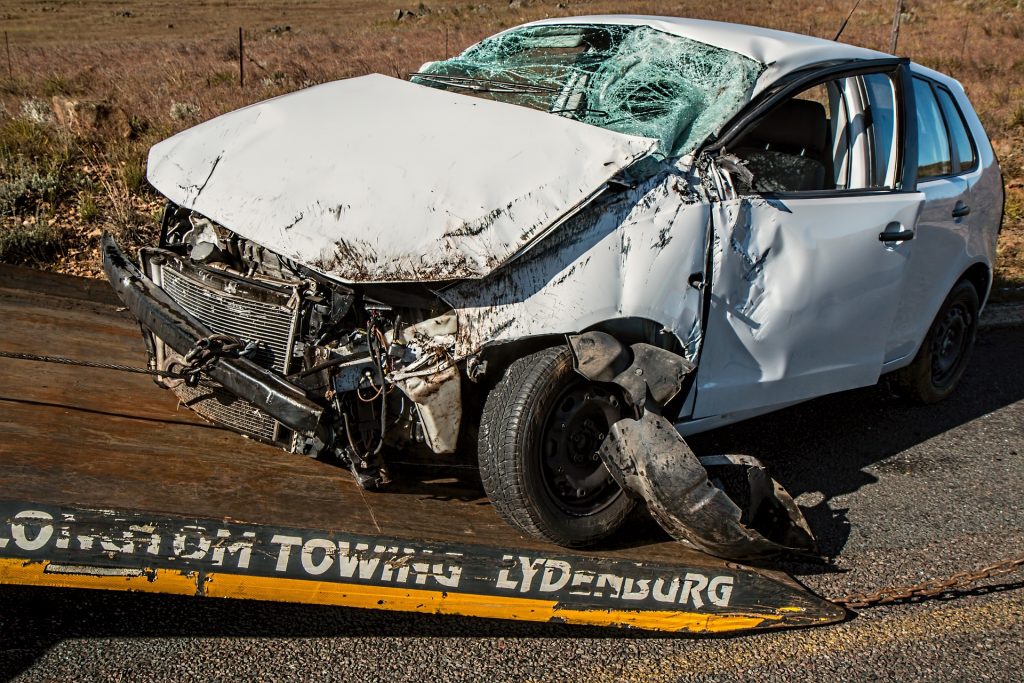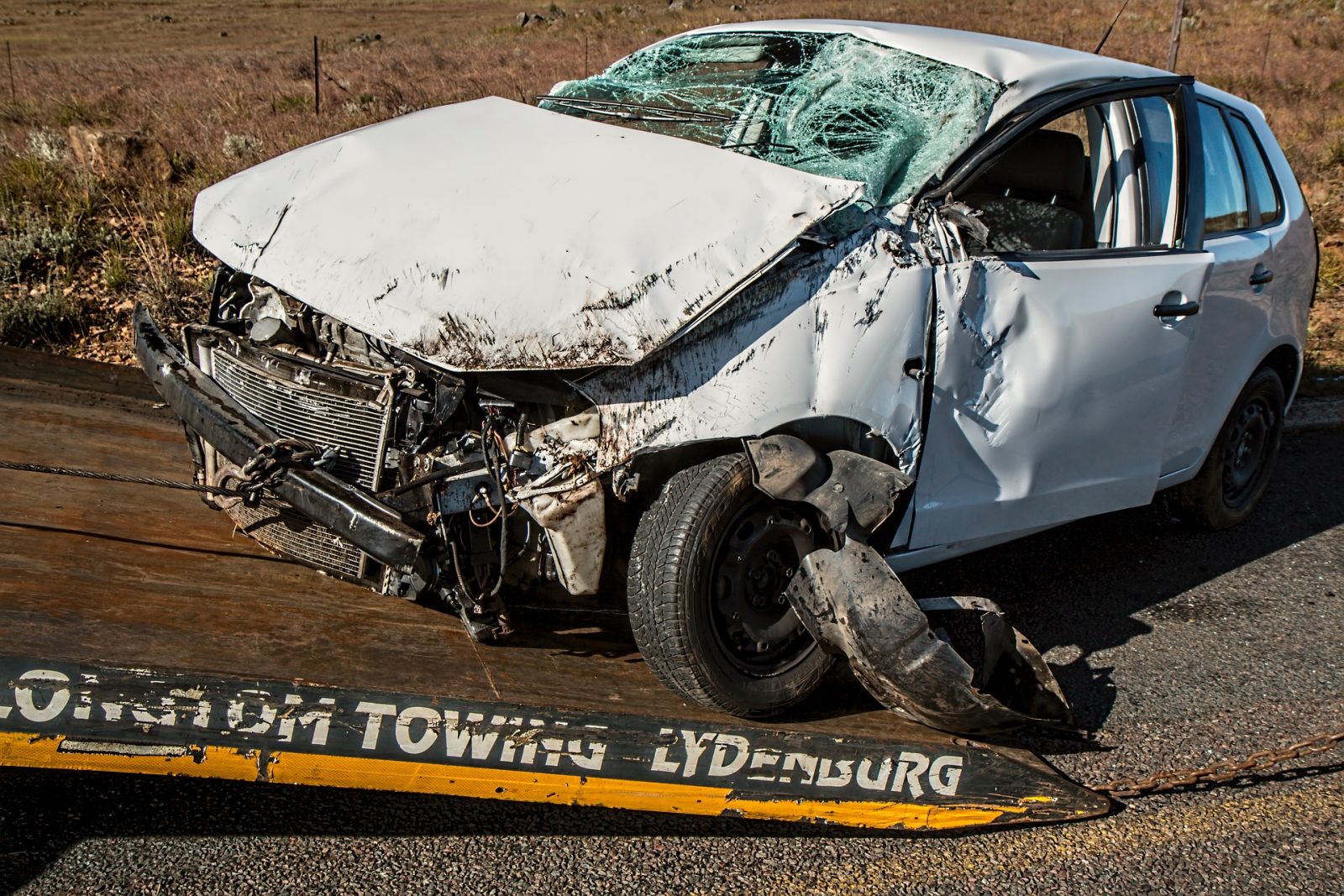

Getting into a car crash can be dangerous and life-threatening. These unfortunate situations happen out of nowhere, putting you into a state of chaos and confusion. If you let your emotions take over, you risk facing terrible consequences as the situation evolves. As difficult as it can be, you need to do your best to act rationally and quickly to minimize the damage. In order to do that, a good strategy would be to know, in advance, the right actions to take after being in an accident.
As soon as you get into a crash, here’s a list of everything you should do right away:
1-Don’t Leave The Scene
You might think you need to move or change your position, but you shouldn’t. Unless you’re causing major traffic issues, stay right where you are. Moving means changing the scene of the accident, which you need to preserve, until you get all the details of the accident and until you call the right authorities. While keeping your place, make sure you preserve the scene by turning on your flashers and setting up flares. This way, you’ll alert the approaching cars to the accident and prevent any more collisions.
2-Check For Injuries
Checking for injuries should be your priority. In the case of being severely injured or having any of your passengers in a critical state, call 911 immediately. While you’re waiting for help, and after attending to your own injuries, practice any first aid you can do. First aid basics include checking the ABCs: Airway (if there’s something stuck in their throat), Breathing, and Circulation (pulse). If they’re not breathing or there’s no pulse, perform CPR. If the person is severely injured and bleeding, use a piece of cloth to suppress the bleeding. Don’t move severely injured individuals, it can exacerbate the damage.
3-Document The Scene
Once you attend a medical emergency, it’s time to attend to the scene. You need to record all the details of the scene, as this will be the main evidence if you choose to take legal action. To properly document the accident scene, you should do the following:
- Exchange Information
Make sure to exchange information with the other driver(s) involved in the accident. The information you exchange should include driver licenses’ information, contact information, and addresses.
- Talk To Witnesses
Witness testimonials serve as strong evidence in courts once you pursue your claim. If there are any witnesses on the scene who can testify as to what happened accurately, make sure to get their contact information and approval to testify in court.
4-Call The Police
Your injuries might prevent you from documenting the scene, but even if you were able to, it’s important to call the police right away. The police will arrive and record everything that’s happened. They’ll get your report as well as the reports of everyone involved and document witness testimonials. They’ll record everything in an official report, which you’ll need a copy of later on in the course of filing your claim.
5-Call Your Lawyer
Calling your lawyer is one of the most important tasks to perform. Your lawyer will guide you through what needs to be and shouldn’t be done on the scene. After the accident, the lawyer will also stay by your side every step of the way to ensure you get adequate compensation. The reason why it’s so important to call your lawyer, who should be specialized in accidents, is that different kinds of crashes require different approaches. For instance, the steps you take after an 18-wheeler crash will require a lawyer who knows where to look for evidence and utilize the laws concerning traffic drivers. An experienced lawyer will build up a case after looking into the truck drivers’ eligibility for driving (for which there are strict requirements imposed by the federal state), what time they were driving, and examine the statistics for any probable causes for the accident.
An experienced lawyer will also explain your rights to you properly. Meanwhile, they’ll help you in calculating the cost of damages you experienced to your body and psychological health (personal injury), as well as any property damage you’ve sustained. After building the case, they’ll help you in filing the claim, negotiating with the other parties, and representing you in court if necessary.
6-Get A Medical Checkup
Getting a medical checkup after the accident is necessary. Any first-aid you received will tend to the major injuries sustained during the accident, but some injuries only present themselves days after the incident. In addition to making sure that any injured are well-attended to, the medical checkup will also provide you with official records and bills that will contribute to your legal case.
7-Inform Your Insurance Company
You should always inform your insurance company about any accidents. Depending on the state you’re living in, auto-insurance law can vary in the kind of coverage they provide. However, once you provide them with any needed evidence, which you would have already collected, your case should be solid.
What To Avoid Doing
There are a few essential points you need to remember in the scene of the accident. More accurately, these are the things you shouldn’t do at any cost. These points are as follows:
- Never admit negligence or fault to anyone. Remember, you’re in a state of confusion, you might not have an accurate account of what happened. Admitting fault to police officers or other drivers can, and will, be used against you.
- Don’t give any kind of report to anyone who’s not a police officer. Many insurers and lawyers send a representative to get you to say something that’ll be used against you as well.
- Don’t accept any compensation you don’t think is fair.
It’s quite understandable how chaotic an accident can be. To minimize damage and save what you can, there are a few steps you need to keep in mind. You should act quickly to check for injuries and document the scene, after which you should call the police, your lawyer, and your insurance company. Get a medical checkup after the day of the accident and always keep a mental checklist of what you shouldn’t do.













